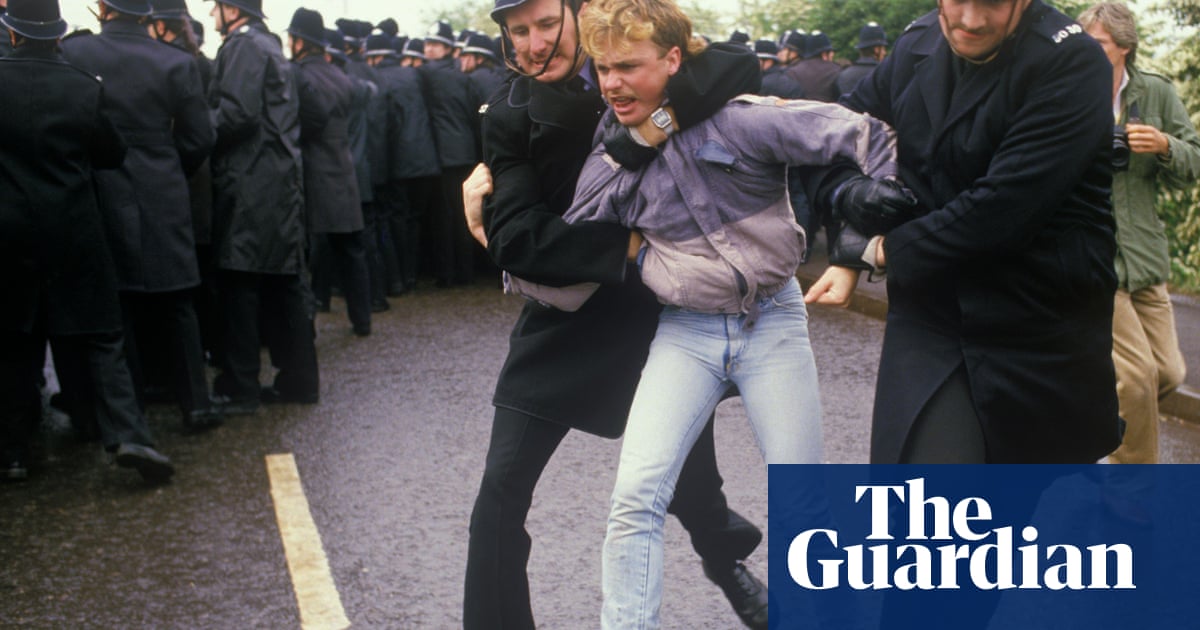I had the privilege of representing two of the striking miners indicted for riot following events at the Orgreave coke plant near Sheffield in June 1984. In April last year, shortly before the election of a Labour party that was known to be promising a public inquiry, Northumbria police destroyed “two boxes containing documents/records in relation to the miners’ strike and Orgreave” (Northumbria police destroy Battle of Orgreave and other miners’ strike files, 24 June). The force claims to have done so because the records “were outside of the retention period” and that the destruction was “in line with force policy and the Data Protection Act 2018”. It is not presently known if any of the other forces deployed at Orgreave have also destroyed documents.
The “authorised professional practice” issued by the College of Policing in 2023 in relation to review, retention and disposal of material that has “historical value and enduring public interest” or which may be required “for academic ... or statistical purposes” is that such material “should be archived”, irrespective of the fact that the retention period has expired. Moreover, the Data Protection Act and its regulations expressly allow for the retention of such material.
The egregious examples of police misconduct on the day arenow well-known. At trial it was finally conceded that a South Yorkshire detective had literally dictated the script to officers sitting at desks in what became known as “the schoolroom”. An inquiry may further reveal the role of the Association of Chief Police Officers and the Home Office. But not if police forces are simply allowed to unilaterally destroy the evidence in advance. The government should immediately act to prevent it.Edward Rees KCLondon
Government papers stored at the National Archives are sometimes withheld or weeded, but are an essential tool for research historians. It is disturbing to read that Northumbria police have destroyed files relating to Orgreave. This may have conformed with a document retention process, but Sherlock Holmes will not be required to work out why it happened just before the election of a government committed to an inquiry into the events that took place at Orgreave.
Perhaps the home secretary could ensure that no further police files are destroyed before the inquiry takes place, if necessary by requiring copies to be lodged with the civil servants responsible for setting it up. A democratic society needs an accurate record of its history, even if it may be an uncomfortable one for some.Dr Keith FlettLondon Socialist Historians Group
Have an opinion on anything you’ve read in the Guardian today? Pleaseemailus your letter and it will be considered for publication in ourletterssection.
